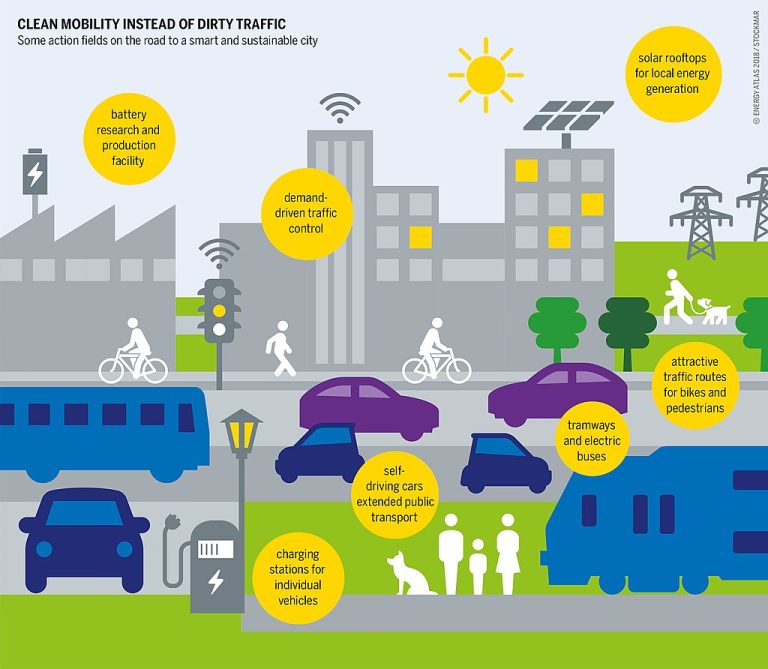With climate change at the forefront of global concerns, sustainable travel is more relevant than ever. In 2025, as the EU progresses with the Fit for 55 package, which aims to reduce greenhouse gas emissions by 55% by 2030, individuals can make meaningful contributions by rethinking the way they vacation. Here are practical, eco-conscious travel tips to reduce your carbon footprint while enjoying a well-deserved holiday.
Choose low-carbon transport
Transportation accounts for nearly 25% of Europe’s greenhouse gas emissions. One of the most effective ways to cut your holiday carbon footprint is to choose trains over planes. For example, a flight from Paris to Barcelona emits approximately 250 kg of CO2 per passenger, while the same trip by high-speed train emits less than 20 kg. Trains are not only greener but often more scenic and comfortable. In countries like Germany and Austria, new initiatives offer €49/month regional train passes, encouraging rail tourism.

Source: wikipedia: Sustainable transport
If train travel isn’t feasible, consider carpooling using electric or hybrid vehicles. Services like BlaBlaCar or car rental companies offering EVs can significantly reduce emissions. Even choosing non-stop flights over connecting ones can lower emissions.
By opting for these travel choices, individuals directly support the Fit for 55 objectives by minimizing their personal transportation-related emissions.
Support local & seasonal consumption
Eating locally and seasonally reduces the carbon footprint associated with food transportation. Instead of imported strawberries or avocados, try regional specialties, like figs in Croatia, or fresh sardines in Portugal. Farmers’ markets, local eateries, and farm-to-table restaurants are excellent sources for fresh, low-impact meals.
As a bonus, buying local supports the regional economy. According to a European Commission study, every €10 spent on local food can generate up to €25 in economic activity within the community.
Stay at eco-friendly accommodations
Look for hotels and guesthouses with eco-certifications like the EU Ecolabel, Green Key, or Bio Hotels. These accommodations often use renewable energy, offer recycling and composting facilities, and implement water-saving measures. For instance, the Biohotel in Bavaria operates with 100% green energy and organic food. In Portugal, the Areias do Seixo hotel uses geothermal and solar energy to heat and cool the property.
Camping or eco-lodges are also excellent options for travelers who want a closer connection to nature while minimizing environmental impact.
Minimize waste and plastic use
Pack reusable items such as water bottles, tote bags, cloth napkins, and bamboo cutlery. Avoid single-use toiletries and bring your own in refillable containers. Choose reef-safe sunscreens if visiting coastal areas.
In the EU, approximately 26 million tonnes of plastic waste are generated annually, but reusable practices on an individual level, like refilling a water bottle instead of buying new ones daily, can have a strong cumulative effect.
Reducing waste contributes to resource efficiency and supports the circular economy, which is a critical component of the Fit for 55 agenda.
Offset unavoidable emissions
When unavoidable, consider offsetting your carbon footprint through certified programs such as Gold Standard or Atmosfair, which fund renewable energy and reforestation projects.




